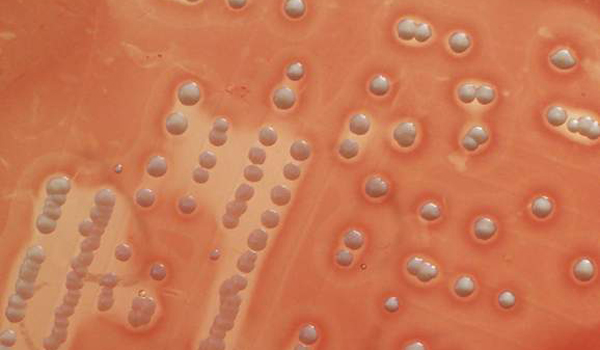What Is Cellulitis?

Get the world’s most fascinating discoveries delivered straight to your inbox.
You are now subscribed
Your newsletter sign-up was successful
Want to add more newsletters?

Delivered Daily
Daily Newsletter
Sign up for the latest discoveries, groundbreaking research and fascinating breakthroughs that impact you and the wider world direct to your inbox.

Once a week
Life's Little Mysteries
Feed your curiosity with an exclusive mystery every week, solved with science and delivered direct to your inbox before it's seen anywhere else.

Once a week
How It Works
Sign up to our free science & technology newsletter for your weekly fix of fascinating articles, quick quizzes, amazing images, and more

Delivered daily
Space.com Newsletter
Breaking space news, the latest updates on rocket launches, skywatching events and more!

Once a month
Watch This Space
Sign up to our monthly entertainment newsletter to keep up with all our coverage of the latest sci-fi and space movies, tv shows, games and books.

Once a week
Night Sky This Week
Discover this week's must-see night sky events, moon phases, and stunning astrophotos. Sign up for our skywatching newsletter and explore the universe with us!
Join the club
Get full access to premium articles, exclusive features and a growing list of member rewards.
Cellulitis is a common skin infection typically caused by Staphylococcus or Streptococcus bacteria.
The human body is covered by a wide array of different bacteria, and these microbes don't typically cause any issues while on the surface of the skin. However, bacteria can cause cellulitis if they get into the body through a break in the skin, such as from cuts, burns, surgical wounds, insect bites, cracked or peeling skin, ulcers and certain skin problems, including eczema, psoriasis and athlete's foot.
Obesity, intravenous drug use and conditions that weaken the immune system — such as liver disease, diabetes and HIV/AIDS — increase a person's risk of developing cellulitis, according to the Mayo Clinic.
Cellulitis begins as a red, swollen area of skin, which feels warm, tender and sometimes painful. These infections can occur anywhere on the body, but are most frequently found on the legs, face and arms. People with cellulitis may also experience fever, chills, muscle aches, nausea and fatigue, according to the National Institutes of Health.
If left untreated, the skin infection can spread to the lymph nodes or blood. This bodily invasion can lead to a severe — and potentially deadly — blood infection called sepsis. Untreated facial cellulitis can cause bacterial meningitis, which is an infection of the membranes surrounding the brain and spinal cord.
A 2012 study published in the medical journal The Lancet found that cellulitis caused nearly 27,000 deaths across the globe in 2010.
Physicians treat cellulitis with antibiotics. When the infection is mild and localized to the skin, physicians may prescribe oral antibiotics that can be taken at home. However, if the infection has spread, antibiotics injected straight into the bloodstream may be necessary.
Get the world’s most fascinating discoveries delivered straight to your inbox.
Though they may sound similar, cellulitis is not at all related to cellulite, which is a dimpling of the skin caused by fatty deposits.
Follow Joseph Castro on Twitter. Follow us @livescience, Facebook & Google+.

 Live Science Plus
Live Science Plus










